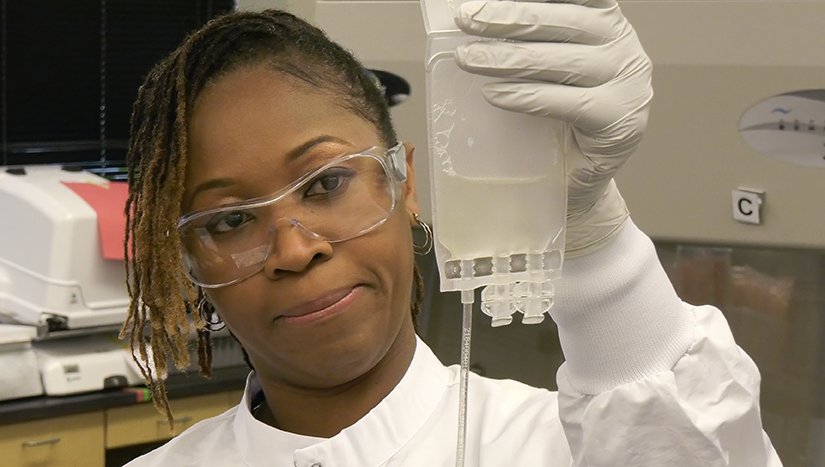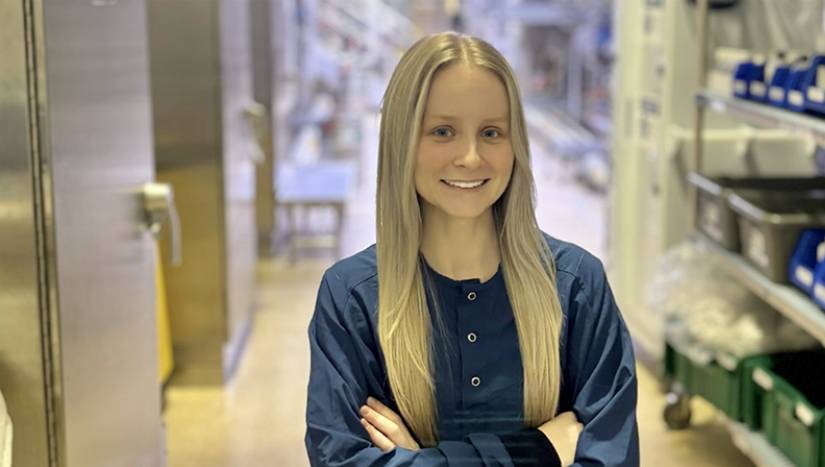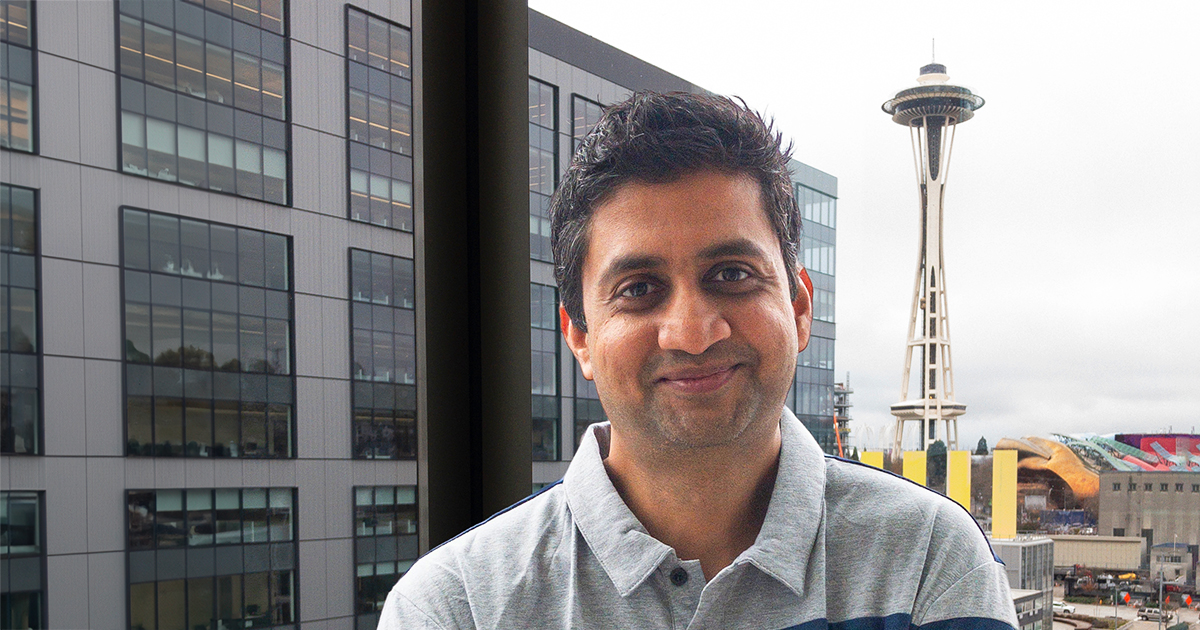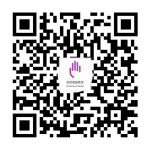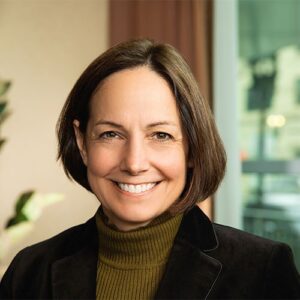
Fascinating and meaningful careers are flourishing within the growing Immunology organization at Bristol Myers Squibb. Those opportunities for growth are what originally attracted Alyssa Johnsen, MD, PhD, currently VP & Head of Clinical Development in Immunology, to BMS and brought her back again after two years at another biopharma.
Beginning her career with a successful internship and residency in internal medicine, followed by a rheumatology fellowship, Alyssa moved on to spend over five years as faculty in academia, instructing and conducting research at two Ivy League universities before her initial 6+ year stint at BMS.
Her early interest in the immune system allowed for “bench to bed” study – applying learnings from the lab to the clinical environment. While she spent most of her time in the lab, she still enjoyed the direct interaction with patients. However, she was frustrated by the limited therapies she was able to offer them to treat their disease and improve their quality of life.
“I wanted to be able to have as great an impact on patients as possible, beyond what I could accomplish in my own lab," she said. "Joining BMS allowed me to combine my efforts with like-minded colleagues to work collaboratively to bring new therapies to patients.”
Specialized Teams Allow for Focus on Immunology
Another difference between academia and BMS were the specialized teams Alyssa could count on to help make her research the most meaningful it could be. “In academics, you’re doing everything on your own and trying to figure it out the best you can,” Alyssa said. “At BMS, we have dedicated groups – like the biostatistician, clinical pharmacology, operations, and regulatory teams, among many – who fill in knowledge gaps. That allows me to concentrate on and be more successful at the things I excel in, but also to learn all aspects of the drug development process from my expert colleagues.”
Within the broad field of immunology, one of those fascinating things Alyssa refers to, was the science behind a BMS asset which was a modulator of T-cell co-stimulation. “Before BMS,” she said, “I spent so much time in the lab trying to understand the immune system using experimental models. But at BMS, we were developing targeted therapies to influence a specific part of the immune system. Not only were we testing whether a therapy could treat a particular disease, we were learning about basic human immunology and the key drivers of autoimmunity.”
Even with all the experience Alyssa brought to her initial position as Associate Director, she still refers to it as “a great place to start” when it came to asset development. And working within late clinical development meant she got to witness the culmination of all the work that took place between discovery through early then translational development all the way through to approved molecule.
“It really offered me a different perspective on the science,” she added. “And the education I got at BMS helped me understand what a good pharmaceutical development program really looked like.”
Career Growth Within all Sectors of Immunology
Alyssa’s growth trajectory at BMS led her from Associate Director to Executive Director in Immunology clinical development within 4 years, followed by a lateral career opportunity as an Early Asset Development Lead in Oncology. After a relatively short stint at another biopharma to try a slightly different position, she returned in a VP role as Head of Clinical Development in Immunology.
“Definitely what brought me back to BMS was the culture of individual development,” she said. “Here, I’ve always felt that if there was something I was interested in learning and doing, the people here would help me find a way to do it.”
Speaking of unfolding and exciting opportunities within Immunology at BMS, Alyssa also pointed to investment and growth. “There is a lot of room to grow with the portfolio, to grow with the assets,” she said. “You have the chance to develop a career and have a major impact on the direction the company takes in terms of its Immunology portfolio.”
A Robust Portfolio Provides Directions and Options
Alyssa spoke of the robust phase two and phase three portfolio, with the number of drugs being tested serving as insurance and protection from BMS becoming over-invested in any one asset, should a certain asset not make it to the next stage.
“There are many companies that might not have as robust a late clinical portfolio as we do because it takes so much work just to get to a phase 2 trial,” she said. “That’s not the case at BMS and it’s an important point in considering a career in Immunology with us.”
Geographically, Immunology careers at BMS are centered around the Princeton and Summit, NJ locations, along with San Diego, CA and a small but growing team in Boudry, Switzerland to expand the BMS Immunology global presence.
Supportive Teams Working Toward a Shared Goal
After growing through an intense academic career with a stop in another biopharma, Alyssa sums up her BMS experience with a genuine fondness. “I found my colleagues and the culture to be very collaborative,” she said. “There is a sense of working together to accomplish a shared goal, not for individual recognition.”
And that collaboration could come from working in translational medicine after a move from clinical development or starting in medical affairs then moving to early development, for example. Alyssa and her colleagues welcome a diversity of candidates.
“We’re excited to attract new people to Immunology,” she said. “It’s great to have a mix of early and late academicians; people straight out of academics; people with and without industry experience, and people switching from different but related fields. It enriches the fabric of our group and we’re very excited to talk to anyone interested in Immunology and late development."
If these expanding opportunities sound exciting to you, explore Clinical Development roles in Immunology currently being offered and begin to imagine the career pathway you can begin to shape for yourself at BMS.
